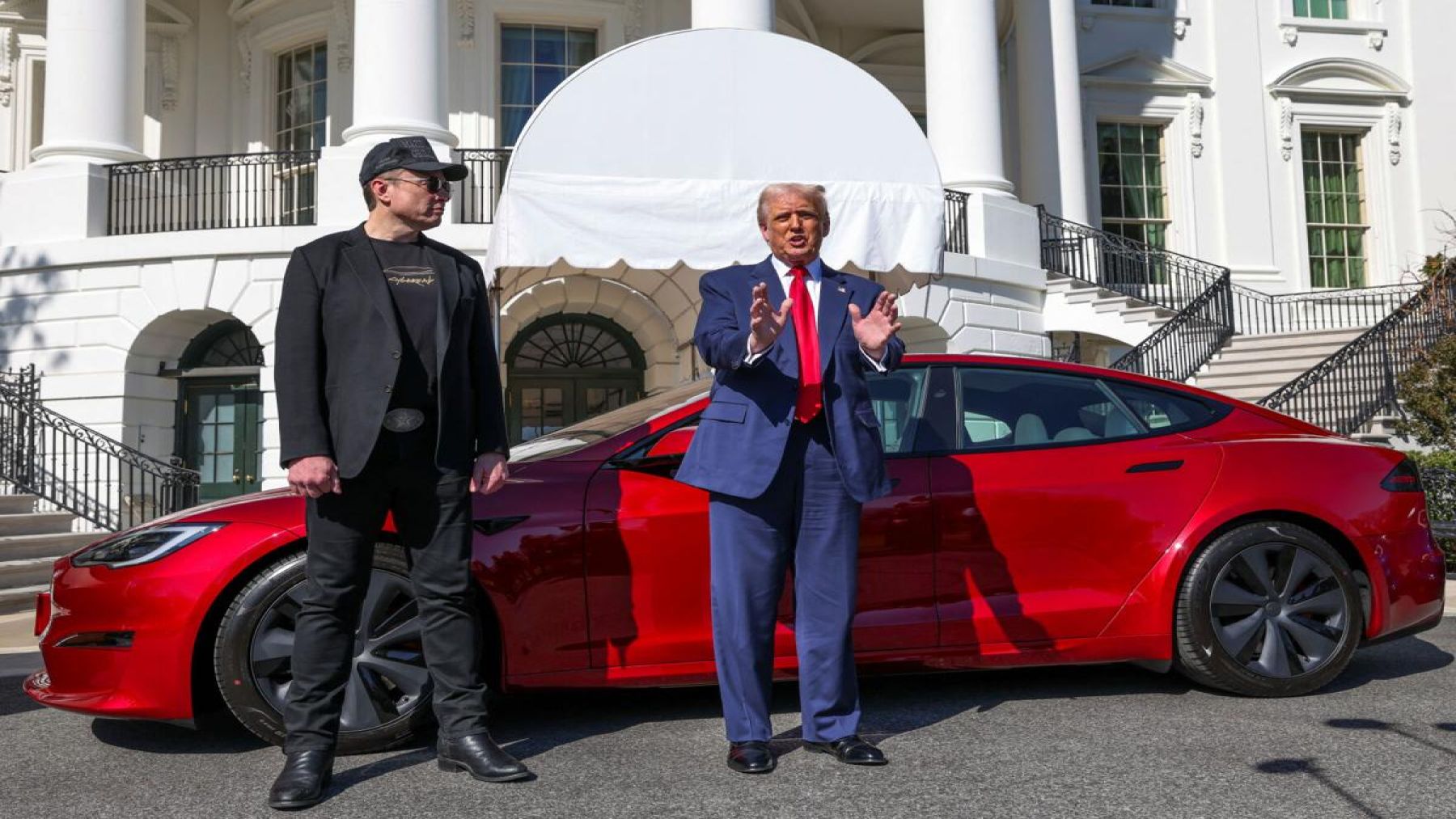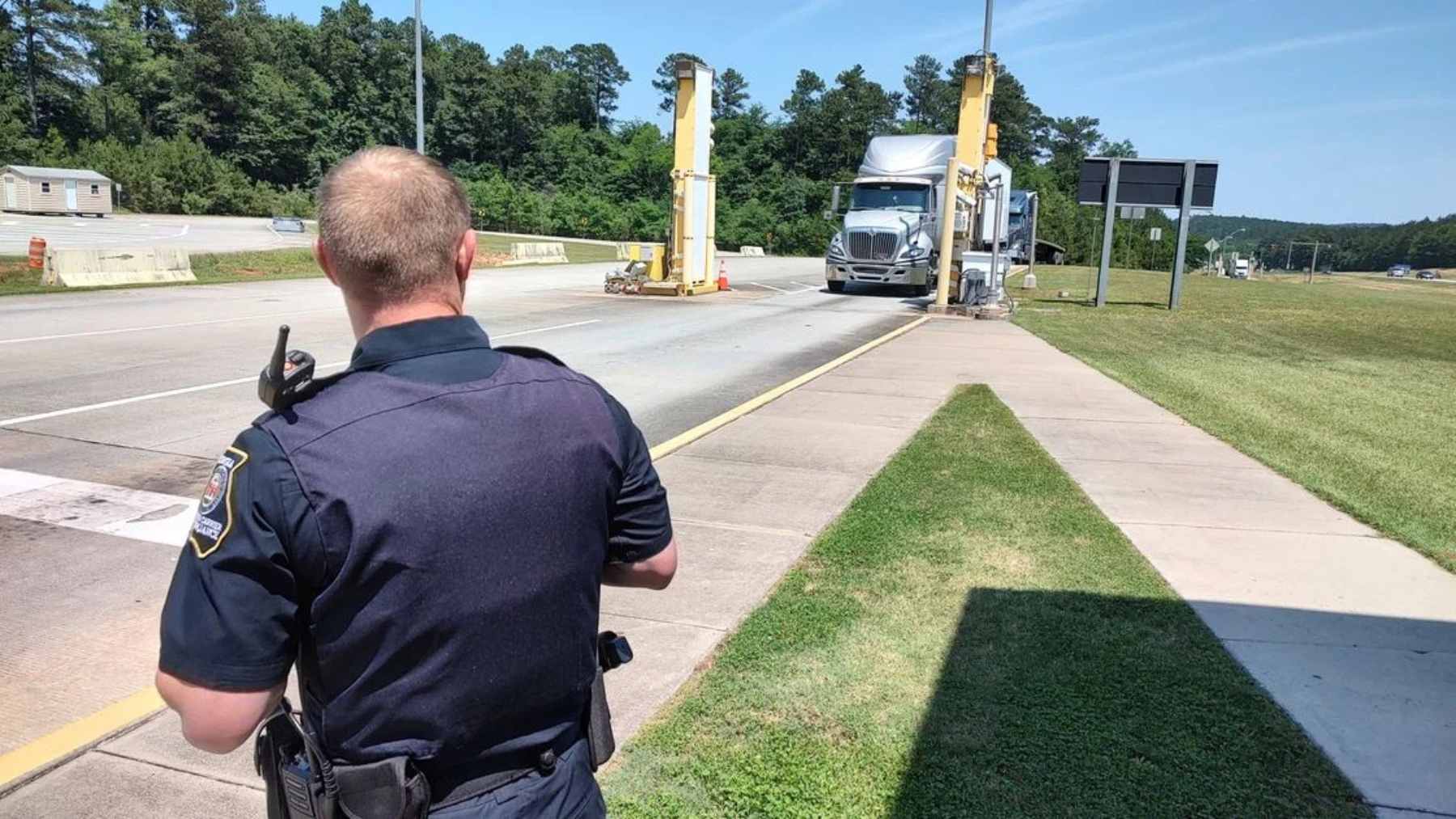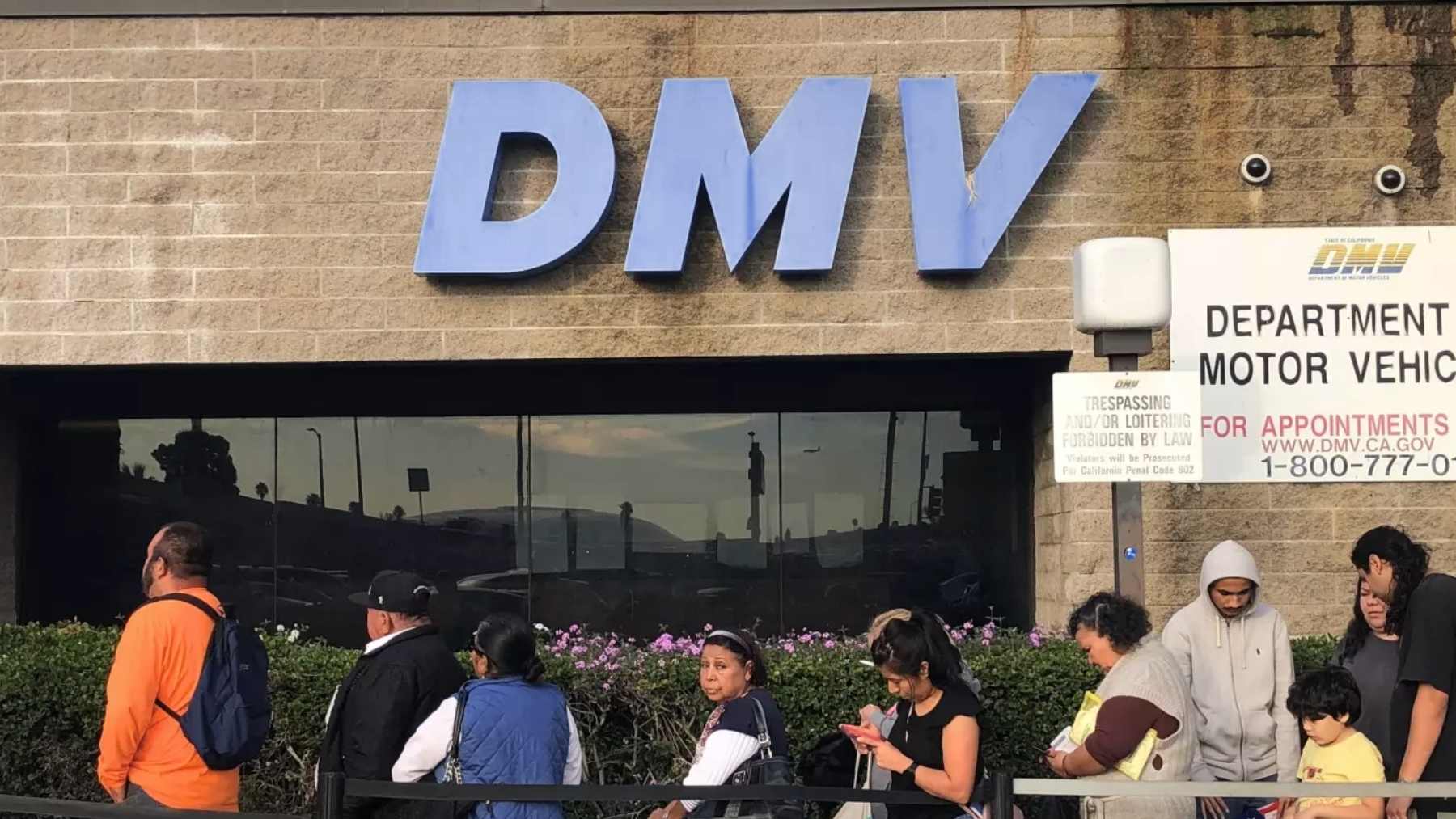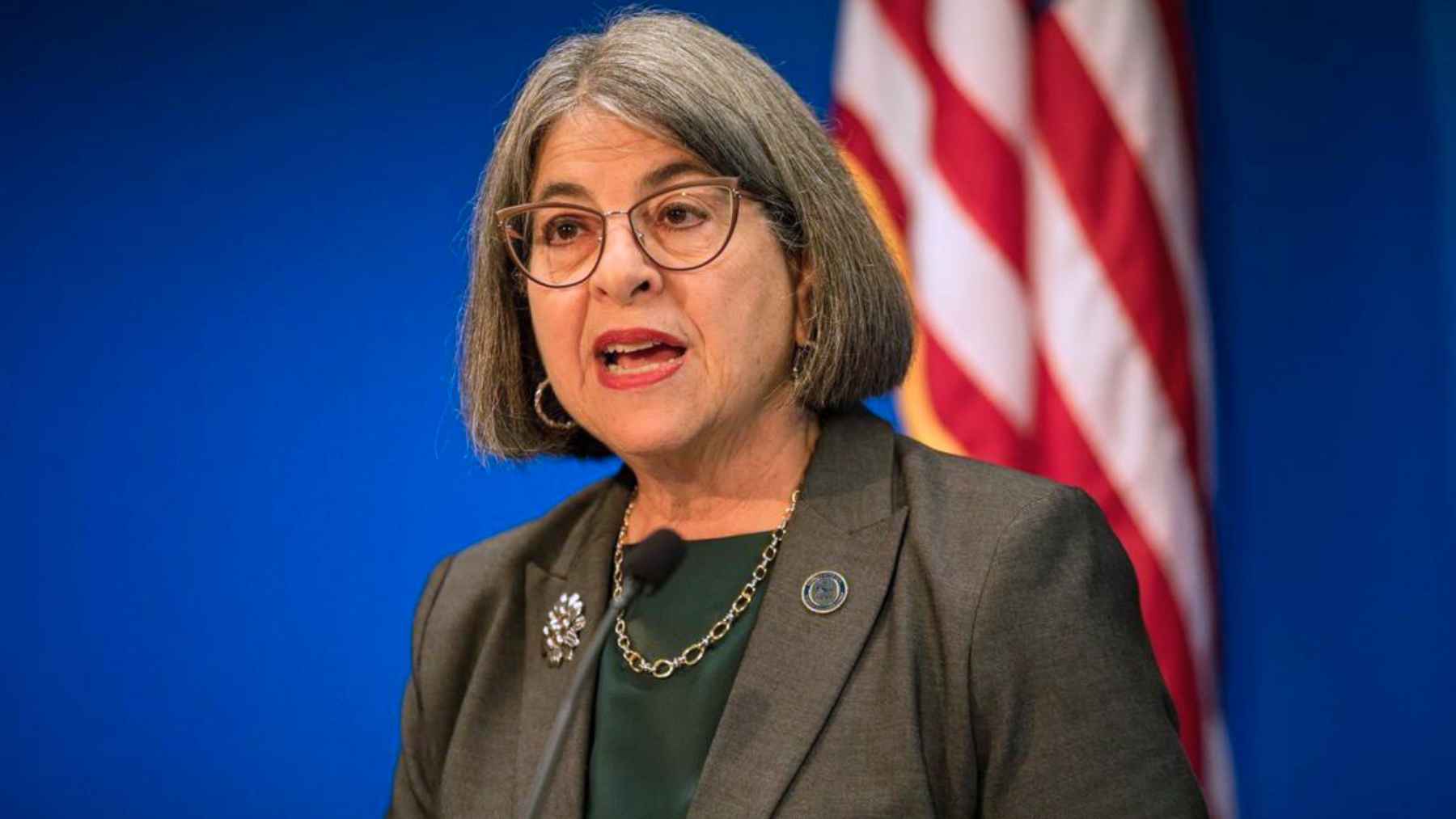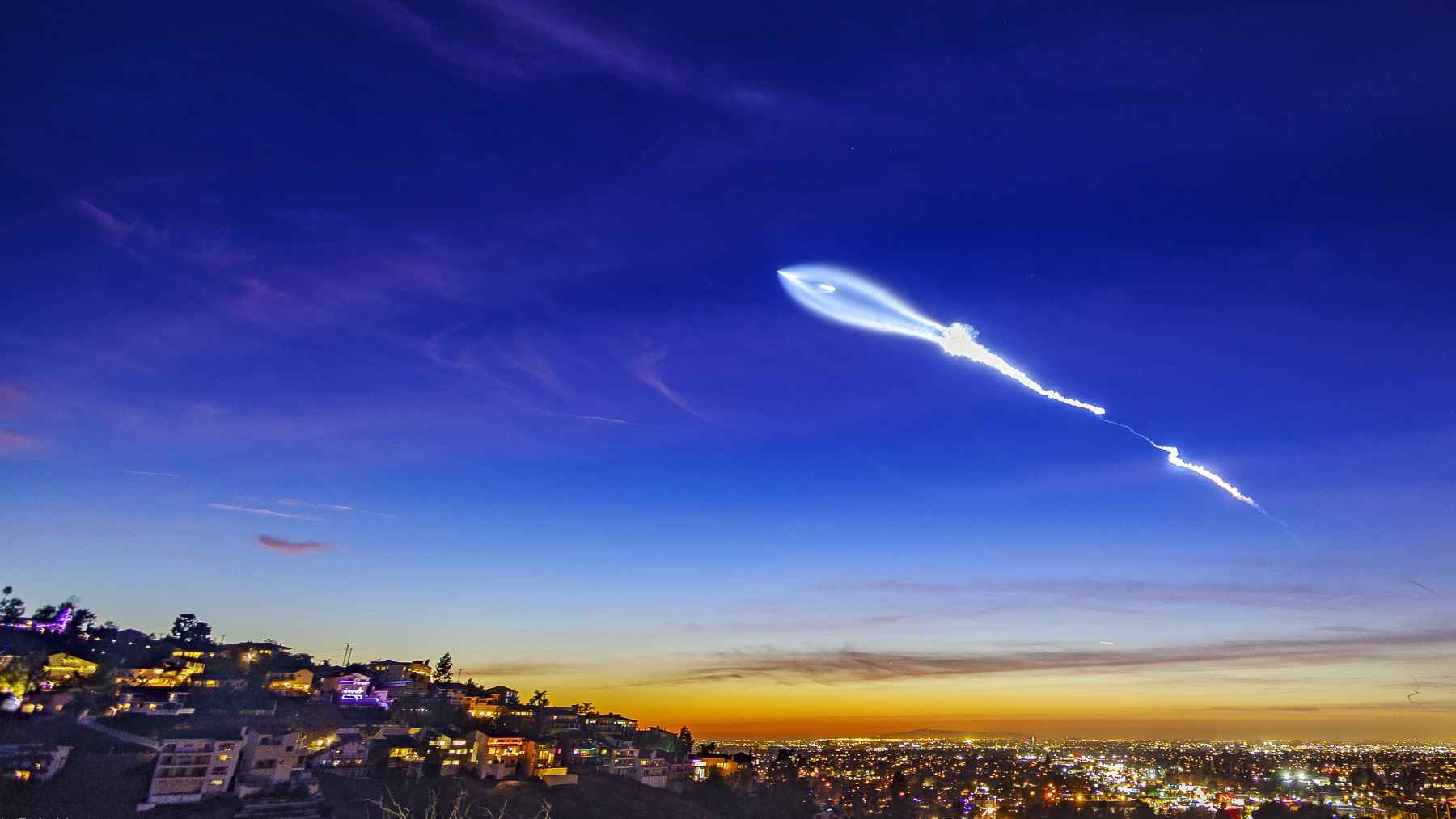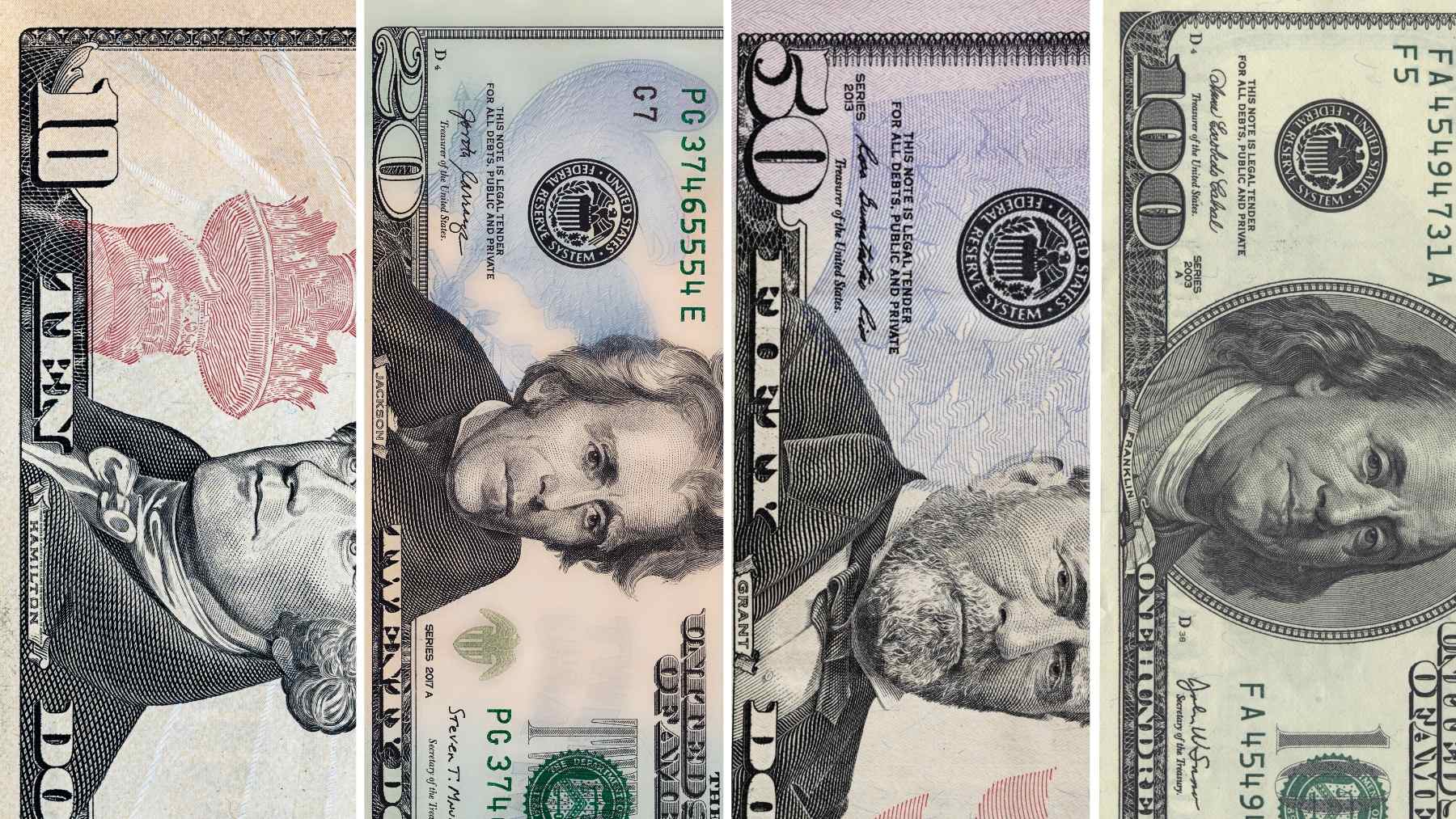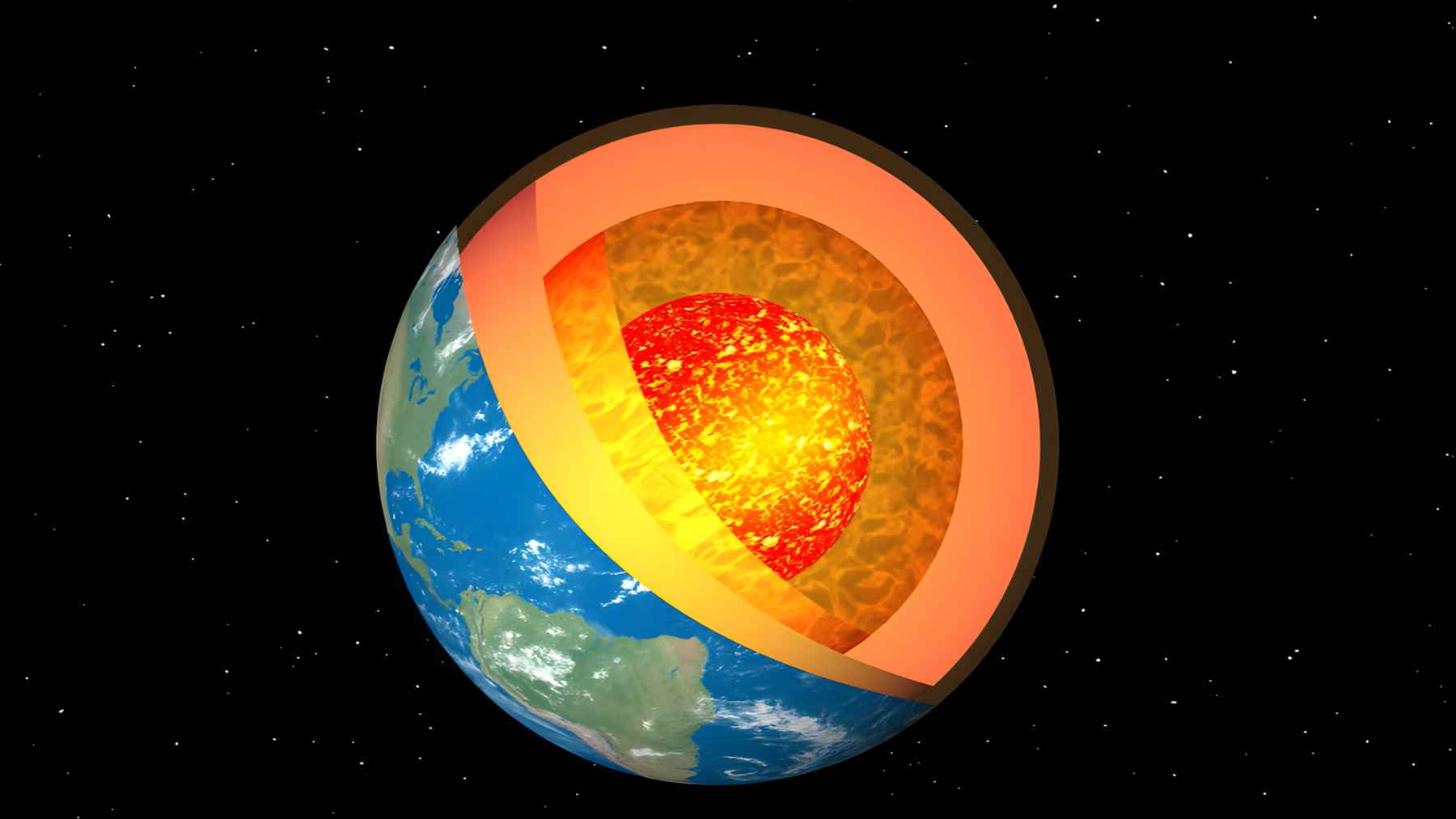With the Trump Administration taking up office in the White House for President Trump’s second, non-consecutive term, it as also seen Tesla and SpaceX CEO Elon Musk enter into the world of politics. Musk’s involvement with the Trump Administration has received varying responses, specifically with regard to the extent his role in the new Department of Government Efficiency extends towards. Recently, comments by Trump officials regarding Tesla stock have also received backlash.
What is the Tesla CEO’s role in government?
The Tesla CEO has come onboard for 18-months to head the new Department of Government Efficiency (DOGE). While in the name, DOGE is not an official new department part of the official US government, but is an external advisory body hired by the Trump Administration. DOGE’s role is to assess and make recommendations on ways the federal government can reduce unnecessary spending and cut costs.
DOGE’s primary objective is to save the federal government $2 trillion worth of government funding and taxpayer money. According to the agency’s website, DOGE has already saved over $55 billion worth of government spending. DOGE was recently in the news regarding the possibility that if they were to reach their ambitious saving goal of $2 trillion, citizens may receive a $5,000 stimulus payment, however, this is unconfirmed.
Why is “buy Tesla” a problem from US officials?
Trump recently voiced his support for Musk’s company Tesla during a press conference this month. The President praised the company and had five Teslas featured in the White House driveway. Additionally, he announced that he had purchased one of Musk’s vehicles. The support from Trump saw Tesla stock prices increase slightly day-off. Last week, another Trump official encouraged investors to purchase Tesla stock:
“It will never be this cheap,” stated U.S. Commerce Secretary Howard Lutnick. “Buy Tesla.”
However, it is technically illegal for a federal employee, including the president, to endorse a specific product or company. Due to the power dynamic between federal employees and citizens, it is an ethical concern for the federal government to be supporting specific companies and their products as it can lead to market manipulation and encourage “pump-and-dump” schemes.
Additionally, the support from the Trump Administration may not be within the best interests of the electrical vehicle company and its CEO. Most companies want to appear as politically neutral as possible in order to ensure that their products are purchased across political party lines. However, Musk’s involvement with DOGE and subsequent association with Trump may deter criticizers of Trump to purchase Tesla products:
“Tesla is becoming a political symbol of Trump and DOGE, and that is a bad thing for the brand,” said Wedbush Securities financial analyst Dan Ives, referring to the advisory group in charge of cutting government spending led by Musk. “You think it’s helping, but it’s actually hurting.”
Currently, no action has been made against Trump and Lutnick for showing their support for Tesla. Prominent news outlets like Fox News, AP News, PBS News have all published and described how Trump and Lutnick did technically break the law, however, PBS News interviewed Don Fox, Former Acting Director, U.S. Office of Government Ethics, who described how Trump is “exempt from federal conflicts of interest laws and standards.
Tesla continues to face backlash amidst political involvement
Musk’s involvement with the Trump Administration has seen some backlash on Tesla sales. Recently, the Trump Administration announced a 25% tariff on products from US neighboring countries Canada and Mexico. In response to the tariff hikes, Canadian province British Columbia responded by removing Tesla products off their electrical rebate program.
In addition, Tesla has had production related struggles. The company recently announced a recall of over 46,000 Cybertrucks due to a problem on the exterior panel on the vehicles. This is the eighth recall Tesla has announced for Cybertrucks since they were first released to consumers at the end of 2023. Coupled with Musk’s controversial policies within DOGE, Tesla vehicles are seeing a decrease in popularity, as reflected in lowered stock prices as of late.
